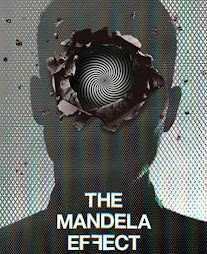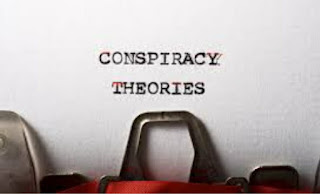The Bermuda Triangle

The Bermuda Triangle is also known as the Devil's Triangle. It's a region in the western part of North Atlantic Ocean where a significant number of ships and airplanes have mysteriously disappeared. The Bermuda triangle vicinity is one of the most heavily traveled places in the world with ships constantly passing through it to reach the American, European and Caribbean lands. Commercial and private plants routinely fly over it. Conspirators believe that paranormal activities or extraterrestrial beings have to be credited for the history of disappearances. The first unusual appearance happened around September 17th, 1950. Several ships and airplanes were reported missing. Flight 19 being one of them. In an article written by American legion magazine the author informs that Flight 19 was recovered in April,1962. The flight leader was heard saying, "We are entering white water, nothing seems right. We don't know where we are, the water is green, no white." The Navy


